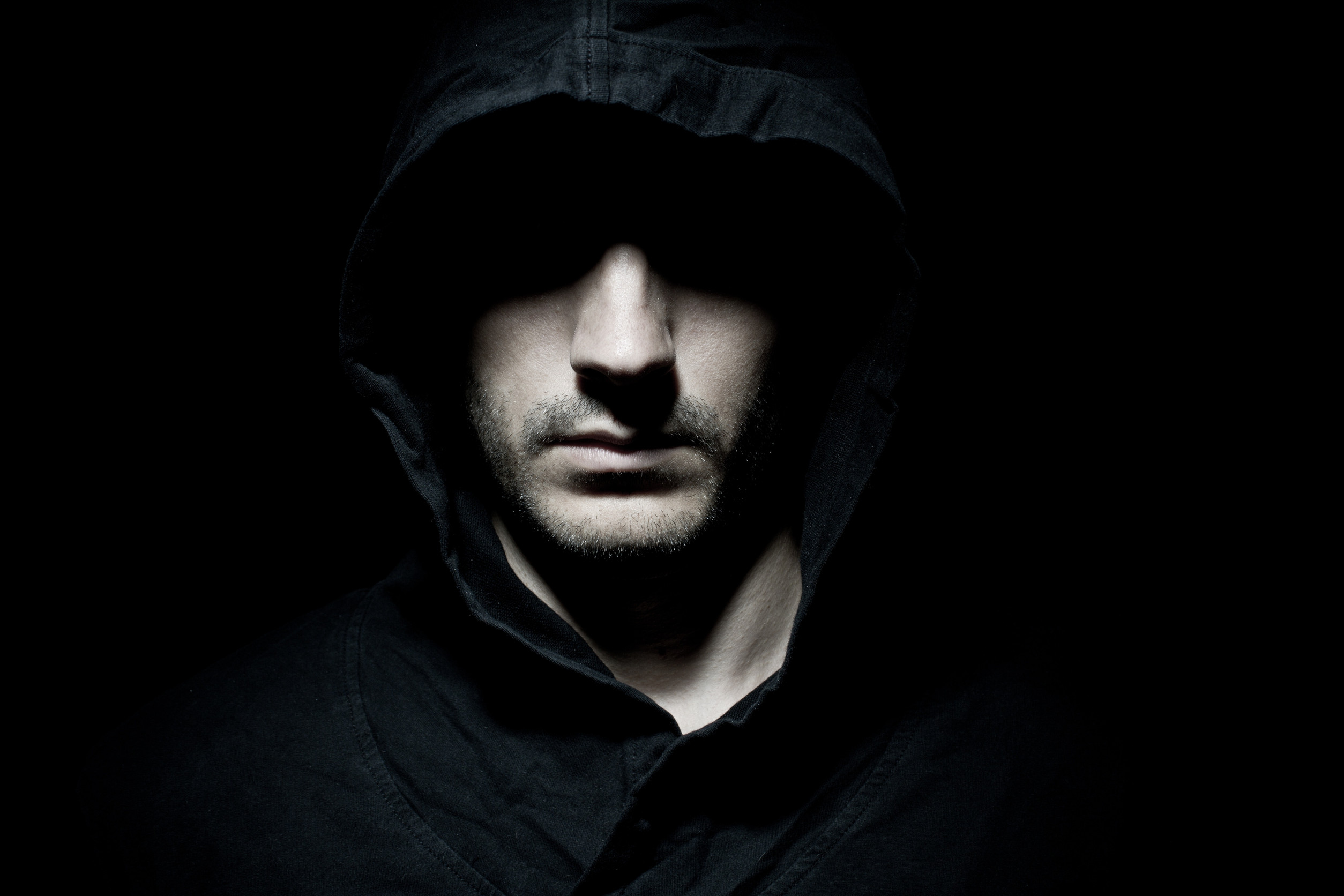
Stalking is a terrifying and invasive experience that can leave victims feeling unsafe and powerless. Whether it’s a stranger, an ex-partner, or someone from your social circle, recognizing the warning signs early can help protect you. Stalkers often follow predictable patterns, and being aware of them allows you to take action before things escalate. If you’ve ever felt like you were constantly being watched or that someone just won’t leave you alone, it’s important to trust your instincts. Below are seven signs someone might be stalking you and what you can do to stay safe.
1. You Keep Seeing the Same Person or Car Repeatedly
One of the most obvious signs of stalking is frequently noticing the same person in different places. If you keep running into the same individual in locations where they have no reason to be, this could be more than just coincidence. Pay attention if they appear near your home, workplace, gym, or favorite coffee shop more than what feels natural. If you notice a particular vehicle parked near your home or following you on multiple occasions, take note of the license plate. Document these occurrences, and if the pattern continues, consider reporting it to authorities.
2. Unwanted and Excessive Communication
Stalkers often attempt to control or intimidate their targets through excessive messages, calls, or emails. If someone is constantly trying to contact you despite your lack of response, it’s a red flag. They may send long-winded messages, leave voicemails, or even create new accounts just to reach you. If you’ve already told them to stop and they persist, this is harassment. Blocking their number or accounts may help, but if they continue to find ways to reach you, legal action might be necessary.
3. They Show Up Where You Are Without an Invitation
If someone consistently appears at places where you didn’t tell them you’d be, it’s a major cause for concern. Stalkers may monitor your social media to figure out where you are, then show up uninvited. This behavior can escalate from being unsettling to outright dangerous. If you notice someone repeatedly appearing at your usual spots, consider adjusting your routine, limiting social media check-ins, and informing trusted friends or family members.
4. You’re Receiving Strange Gifts or Letters
While gifts may seem harmless, in the context of stalking, they can be a manipulation tactic. Stalkers might leave unwanted presents, flowers, or handwritten notes as a way to get your attention. These gifts can sometimes feel romanticized, but they are often a method to maintain control and keep themselves on your mind. If you receive unwanted items from someone who makes you uncomfortable, do not engage with them—document the behavior and consider seeking legal protection.
5. You Notice Someone Monitoring Your Online Activity

In today’s digital world, stalking isn’t limited to physical spaces. If someone seems to know things about you that you never shared with them directly, they may be tracking your online activity. Stalkers can use social media, location check-ins, or even spyware to keep tabs on their target. If you suspect this, change your passwords, enable two-factor authentication, and adjust your privacy settings to limit what others can see.
6. Your Friends or Family Are Being Contacted About You
Another disturbing tactic stalkers use is reaching out to people in your life to gather information about you. They might message your friends, show up at your workplace, or even call your family under false pretenses. Some stalkers attempt to manipulate those around you by spreading false rumors or pretending to be concerned for your well-being. If this happens, warn your loved ones not to engage and consider reporting the behavior.
7. You Feel an Unshakable Sense of Being Watched
Sometimes, your intuition is the best indicator that something isn’t right. If you feel like you’re being followed or watched, don’t ignore that gut feeling. You may notice small things, like the same person showing up frequently, strange noises outside your home, or even tampering with your belongings. Take these feelings seriously—document what you experience and consider installing security measures like cameras or motion-detecting lights.
What to Do If You’re Being Stalked
If you recognize these signs and believe you’re being stalked, take action immediately.
- Document everything – Keep a detailed record of suspicious incidents, including dates, times, and any evidence.
- Limit social media sharing – Avoid posting your location in real-time, and be mindful of what personal details you share online.
- Tell someone you trust – Let family, friends, or coworkers know what’s happening so they can help keep an eye out.
- Increase security – Consider installing security cameras, changing your locks, or carrying a personal safety alarm.
- Seek legal protection – If the stalking continues, file a police report and look into restraining orders.
Staying Safe and Taking Back Control
Stalking is a serious issue, but you don’t have to face it alone. Recognizing the signs early and taking decisive action can help you protect yourself. Whether it’s documenting incidents, securing your online presence, or reaching out for legal help, you deserve to feel safe.
Have you or someone you know experienced stalking? Share your thoughts in the comments below—your story could help someone else feel less alone.
Read More:
8 Safety Tips for Women That Could Save Your Life One Day
Stop Making These 7 Dangerous Mistakes at Gas Stations—Your Safety Depends on It!

Latrice is a dedicated professional with a rich background in social work, complemented by an Associate Degree in the field. Her journey has been uniquely shaped by the rewarding experience of being a stay-at-home mom to her two children, aged 13 and 5. This role has not only been a testament to her commitment to family but has also provided her with invaluable life lessons and insights.
As a mother, Latrice has embraced the opportunity to educate her children on essential life skills, with a special focus on financial literacy, the nuances of life, and the importance of inner peace.
